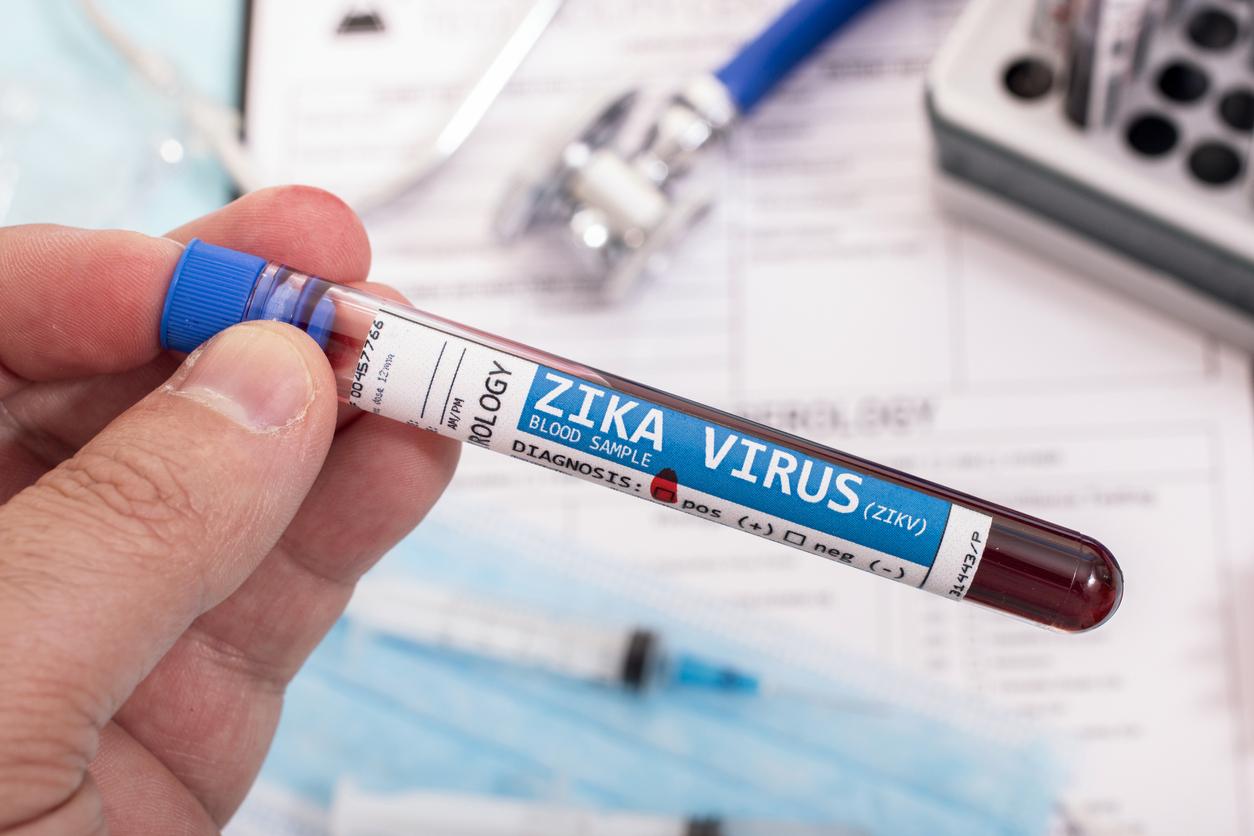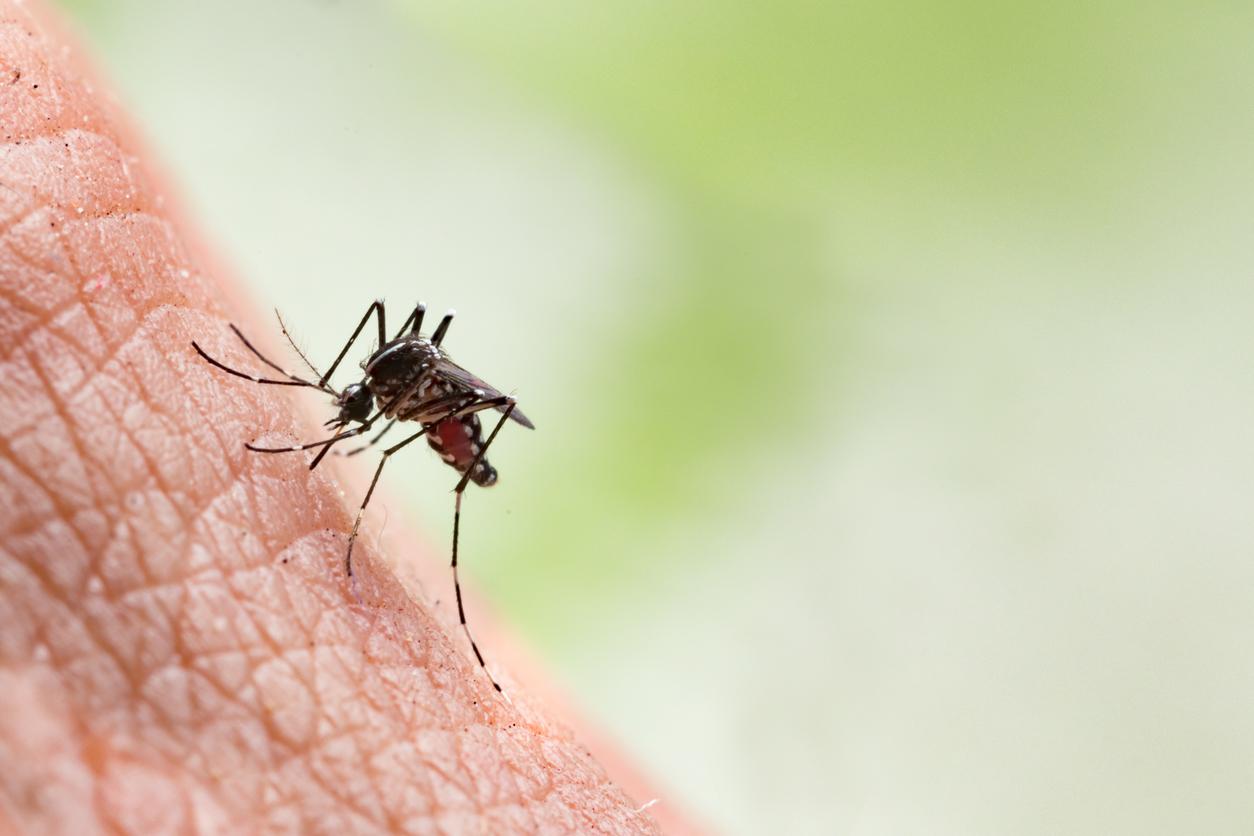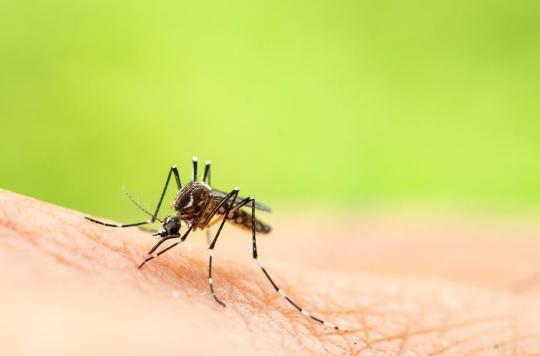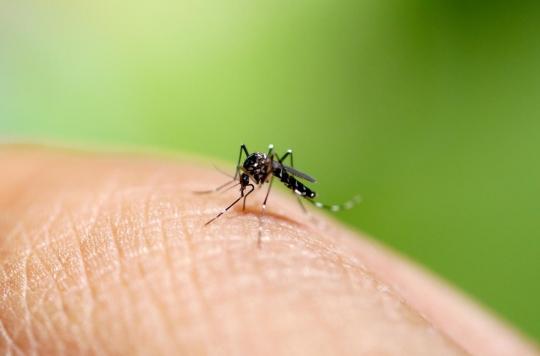Should the Rio Olympics be moved to limit the risks associated with Zika virus ? No, answers theWorld Health Organization (WHO), for whom the staging of the Olympic Games should not change the current spread of the virus. However, on May 23, Amir Attaran, Canadian professor of public health, launched the alert in a column published in theHarvard Public Health Reviewand addressed a open letter to Margaret Chan, Director General of the WHO. Today, nearly 200 scientists, doctors and bioethics experts have signed this letter asking for move or postpone the Olympics.
A risk of spread when tourists return home
“The Brazilian strain of Zika virus harms health in ways that science has never observed before. There is an unnecessary risk when 500,000 tourists from all countries participate in the Games, potentially contract the virus and return home where Zika can then become endemic.“Indeed, the spread of the epidemic can easily start. Imagine: a person infected in Brazil returns to a country where the Aedes mosquito, vector of Zika, is present. If they are bitten by these mosquitoes, they can transmit the virus to “healthy” mosquitoes, which will in turn infect other people by biting them. The signatories of the open letter are particularly concerned about this scenario for countries in Africa and South Asia.”It’s not ethical to take the risk, only for Games that will happen anyway if they are postponed and/or moved“they lament.
A period when mosquitoes are less active
The WHO sees no reason to change the dates or venue of the Olympic Games. “Based on the current assessment of the Zika virus present in nearly 60 countries worldwide and 39 in the Americas, there is no justification for postponing or canceling the Games on public health grounds.“, says the Organization in a press release. The WHO adds that the Games will take place during the winter season in Brazil, “period when there are fewer active mosquitoes and the risk of bites is lower“.
The Rio Olympics should therefore be held as planned from August 5 to 21, 2016. At present, Brazil is the country most affected by the Zika virus with 120,000 contaminations and 1,300 proven cases of microcephaly caused by this virus.
>> To read also:
Is metropolitan France at risk of a Zika epidemic?
Zika virus: recommendations in case of pregnancy
The Zika virus is scary because it mutates very quickly
















